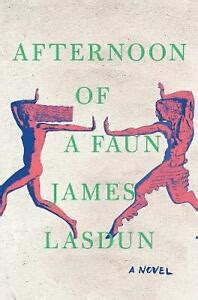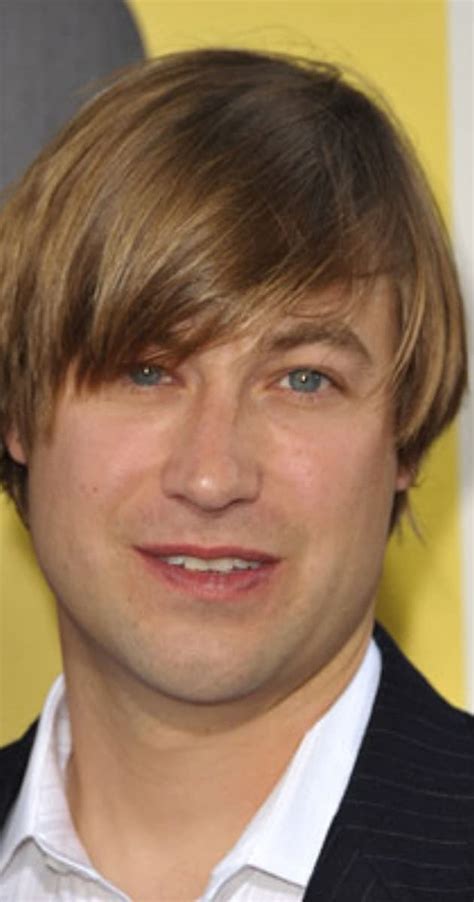A Quote by James Lasdun
Maybe I'm perverse, but the question of "rooting" for a character, or setting out to write a character for whom other people will root, has never had anything to do with why I read or write fiction. As long as the writing and story remain alive, intense, invigorating, provoking, the characters can be as demonic or saintly as the author wants.
Related Quotes
When you are writing, you have to love all your characters. If you're writing something from a minor character's point of view, you really need to stop and say the purpose of this character isn't to be somebody's sidekick or to come in and put the horse in the stable. The purpose of this character is you're getting a little window into that character's life and that character's day. You have to write them as if they're not a minor character, because they do have their own things going on.
I find myself speaking through the other characters, putting ideas in their voices and heads. Writing almost becomes a splitting of myself into multiple personalities. But I don't write to make an argument on behalf of any of the characters, or to prove anything about a character. I think that's important that I be serving the story first and not my own point of view.
'Divergent' was my utopian world. I mean, that wasn't the plan. I never even set out to write dystopian fiction, that's just what I had when I was finished. At the beginning, I was just writing about a place I found interesting and a character with a compelling story, and as I began to build the world, I realized that it was my utopia.
To the question of writing at all we have sometimes been counselled to forget it, or rather the writing of books. What is required, we are told, is plays and films. Books are out of date! The book is dead, long live television! One question which is not even raised let alone considered is: Who will write the drama and film scripts when the generation that can read and write has been used up?
For the most part, my characters don't talk to me. I like to lord over them like some kind of benevolent deity. And, for the most part, my characters go along with it. I write intense character sketches and long, play-like conversations between me and them, but they stay out of the book writing itself.
It's funny - for a long time, I didn't know I was writing a book. I was writing stories. For me, each story took so long and took so much out of me, that when I finished it, I was like, Oh my gosh, I feel like I've poured everything from myself into this, and then I'd get depressed for a week. And then once I was ready to write a new story, I would want to write about something that was completely different, so I would search for a totally different character with a different set of circumstances.
The first thing a writer has to do is find another source of income. Then, after you have begged, borrowed, stolen or saved up the money to give you time to write and you spend all of it staying alive while you write, and you write your heart out, after all that, maybe no one will publish it, and if they publish it, maybe no one will read it. That is the hard truth, that is what it means to be a writer.
I have always liked kind of outsider characters. In the movies I grew up liking, you had more complicated characters. I don't mean that in a way that makes us better or anything. I just seem to like characters who don't really fit into. You always hear that from the studio: "You have to be able to root for them, they have to be likeable, and the audience has to be able to see themselves in the characters." I feel that's not necessarily true. As long as the character has some type of goal or outlook on the world, or perspective, you can follow that story.





































